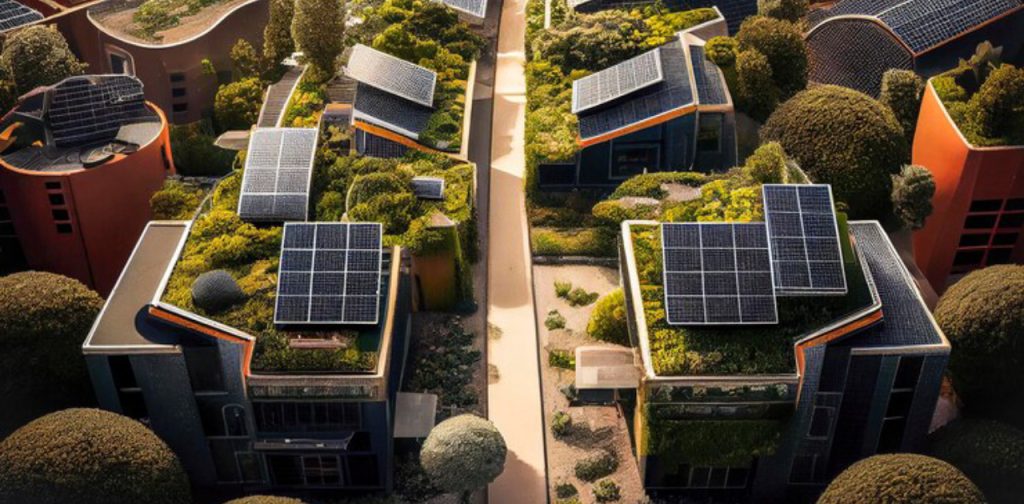Introduction
Urban planning plays a pivotal role in shaping the sustainability of cities. As the world grapples with the challenges of climate change and energy security, the integration of solar energy into urban planning has emerged as a key strategy. This blog post will explore the role and potential of solar energy in urban planning.
The Solar City
A ‘solar city’ is a concept where solar energy is integrated into the city’s energy mix to a significant extent. This involves installing solar panels on rooftops, public buildings, and even integrating them into the city’s infrastructure, such as solar-powered street lights and charging stations for electric vehicles.
Benefits of Solar Energy in Urban Planning
Reducing Carbon Footprint
Cities are major contributors to global carbon emissions. By harnessing solar energy, cities can reduce their reliance on fossil fuels, thereby reducing their carbon footprint and contributing to climate change mitigation.
Energy Resilience
Solar energy can enhance a city’s energy resilience. In the event of power outages or disruptions in the energy supply, solar panels can continue to provide electricity, ensuring the continuity of critical services.
Economic Opportunities
The solar energy sector can stimulate local economies by creating jobs in manufacturing, installation, and maintenance. It can also lead to technological innovation and attract investment.
Challenges and Solutions
While solar energy offers numerous benefits, its integration into urban planning also presents several challenges:
Space Constraints
In densely populated cities, space can be a limiting factor for installing solar panels. However, solutions such as solar windows and vertical solar installations on buildings can overcome this challenge.
Initial Costs
The initial costs of installing solar systems can be high. However, the cost of solar panels has been decreasing, and various financing and incentive schemes can help offset these costs.
Regulatory Frameworks
The integration of solar energy into urban planning requires supportive regulatory frameworks. This includes building codes that encourage or require the use of solar energy, and streamlined permitting processes for solar installations.
Conclusion
Incorporating solar energy into urban planning is a promising strategy for sustainable urban development. While challenges exist, with innovative solutions and supportive policies, cities can harness the power of the sun to create a brighter, more sustainable future.







